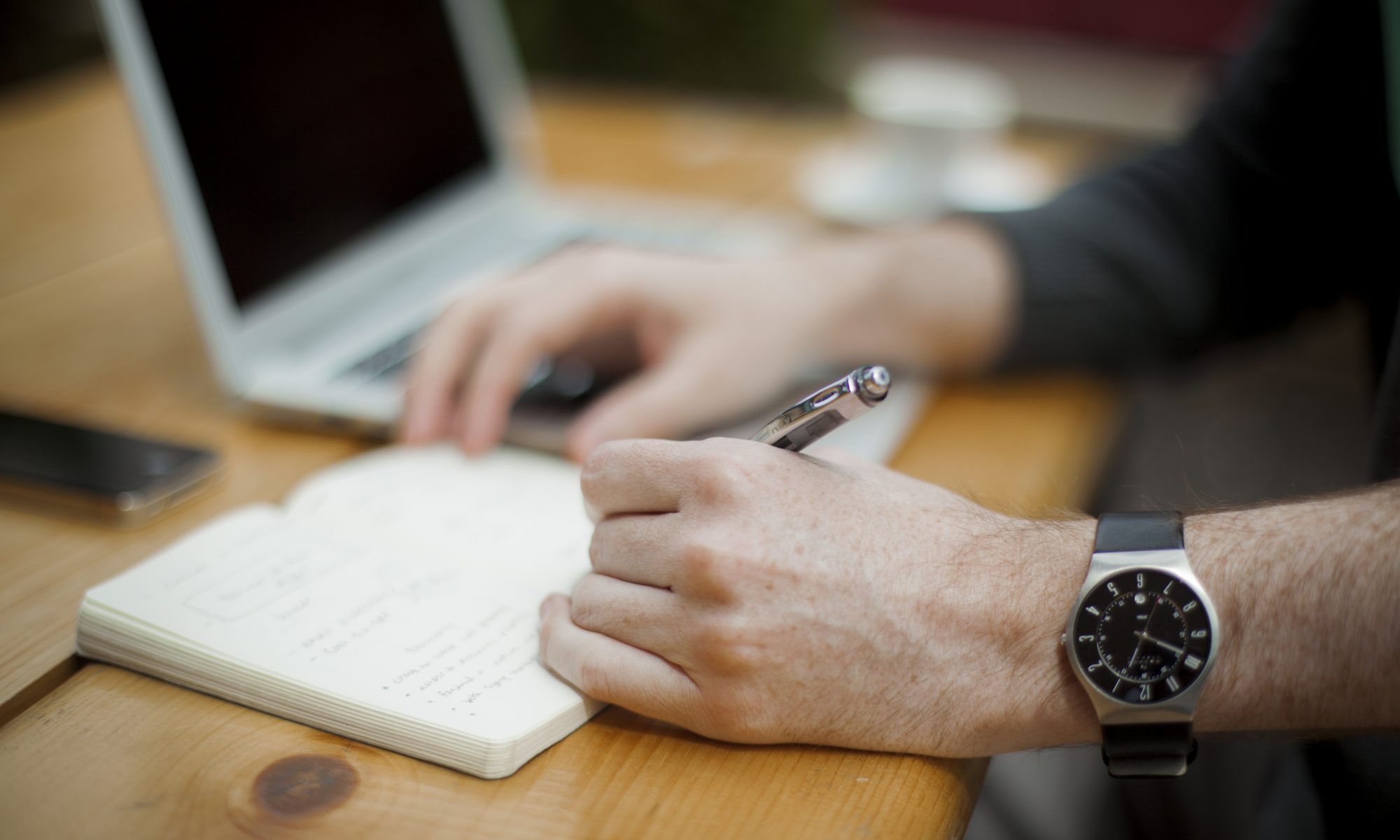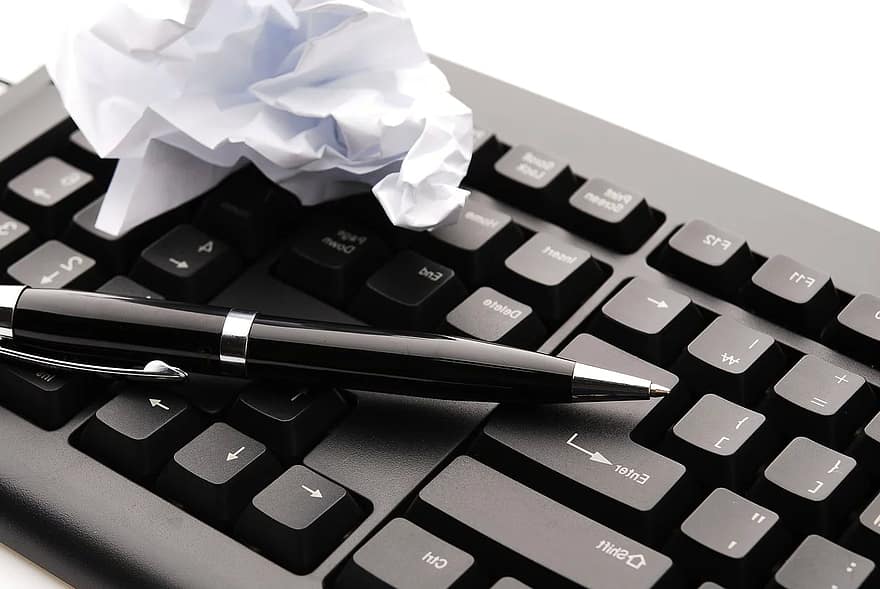As we become productive, we need to lose some of our filters. So we get also more vulnerable. Dealing with this vulnerability is easy and important, and in any case, it should not be ignored. The filters need to be replaced by reflection. Additionally, as we become more productive, investment in resilience should grow.
Reflection vs filtering
I will start with a metaphor. Consider the way we look at the stars. We can look with our naked eye, and see some stars. Sometimes there will be dust or heat or humidity pollution, but usually, we see stars. And this is regular life. Then we can go to some hill in the desert and see many more stars, and this is like meditation. Then we can take a simple long telescope with lenses and look at the stars. When we learn, it’s like getting a telescope.
As we suppress vocalization and use memory techniques we get access to much stronger tools. Reflective telescopes with huge mirrors and advanced cameras tracking the stars and collecting the light over time are more powerful than old lens-based telescopes. We get x10 improvement in light-collecting efficiency in a smaller package. A large mirror requires very complex polishing. A single crack or dust particle may make the entire device significantly less effective.
To get further progress we need to change the mindset. The telescope is launched to outer space, preferably far from earth’s light pollution. Also, a single huge mirror is replaced by an array of smaller mirrors with common laser-based calibration. This sort of telescope is as powerful as telescopes get, catching glimpses of stars from distant galaxies, but it is also very vulnerable to failure in one of the many powerful mechanisms involved. Any failure and will see a dystopic and distorted universe, so we must regularly calibrate and test the tools.
What is the big danger
As I am very effective by now I allow myself to relax more, so I watch some smart TV programs. Recently I watched a relatively new TV series, The Vow, and I was shocked by what I saw. Simple and powerful psychological tools that I use every day, were weaponized by criminal masterminds. As I understand some of the inner mechanics of the tools used, I want to provide to my students at least minimal viable protection. If you think that I exaggerate, watch the first episode and then read the rest in Wikipedia.
The new KeyToStudy module
As we read very fast and remember everything, we do not have time to filter what the author is saying. If we read biased motivational or indoctrination literature, we get everything the author says including the argumentation as-is.
I want to emphasize again some other aspects I usually teach:
- Reflect on what you are going to read after initial skimming, and to think about what you just read after reading
- If you do not trust the author, do not read his articles. Reflecting and defusing is complex, maybe it is best simply to avoid the challenge.
- Sleep well and eat well. Get Pomodoro breaks. Especially when you learn.
- Do not use visualizations with an emotional meaning, at least until you mastered anchors and reframing.
There is a relevant masterclass dealing with reflection such as analysis and critical thinking [Currently recorded in video editing].
High-stress environment and KeyToVision
As you continue with the training you will become extremely productive, you will easily get into the “flow” state and you will see the benefit of everything you do before and after you do it. With that joy of creation, comes a very strong will to get things done. It can be stressful, especially as we get out of the comfort zone.
To deal with fears and traumas, I provided some very simple and effective visualization-based tools. While putting these tools into the course, I was not entirely comfortable with the implications. Some of these tools are not used without a license. You can see some similar tools used in the first episode of The Vow, to make road anxiety disappear and to cure some Tourette syndrome symptoms.
I want to emphasize again some other aspects I usually teach:
- You need to step out of the comfort zone occasionally, maybe once per month. Most of the time you should feel very comfortable with what you do.
- If something bad is happening when you use your tools, do not try to power through. Ask me or ask a therapist you trust.
- Do what you can to reduce the stress levels. Stress is a sign that control over the situation is not in your hands. Try to get the control back.
- I trust only Anna to do some of the training procedures. You need a combination of experience and integrity to be on the safe side.
KeyToMission and your values
As you start to share your thoughts and values, there is a strong flow of new ideas. You are not really encouraged to challenge your values and paradigms before you actively need to explain them. The relativity of our values is also painfully clear. There is no clear right or wrong, there is a mindset that makes our lives more meaningful.
At this stage, diffusion between who we are as human beings and our profession and achievements may generate strange effects. In the second episode of The Vow, one of the key figures ponders about what is ethical. Not helping others to deal with their problems is unethical, but joining a group you do not trust to make a change is also unethical. What is a workable solution?
I want to emphasize again some other aspects I usually teach:
- Do no harm to yourself or others. If you are not sure you can help, maybe it is best to do nothing. When in doubt, brainstorm.
- Be creative. As you consider the attributes and dimensions of the challenge, new opportunities may present themselves. Typically somewhere is an opportunity for mediation and consensus.
- Do not ask for something perfect, workable is good enough. You do not have to ace every exercise of every training. Some of the aspects are optional, or redundant.
- Learn as you go. There is no fixed algorithm for success or personal growth. Beware of the people who try to sell that. We face challenges and we learn, each one in his unique way.
Find balance with KeyToMeaning
I learned somewhere that happiness is a combination of purpose and pleasure. As we learn to understand our purpose, it is easy to forget the element of pleasure. And this is a good time to rebalance, make things more comfortable. Add to your busy schedule things that make you feel good: tinker, create art or music, exercise or meditate, watch TV, cook for your family.
I want to emphasize again some other aspects I usually teach:
- We tend to remember peak experiences. It makes sense to recall smaller gentler experiences. Consider a diary or photography.
- Be present. Separate planning, execution, and reflection. Do not plan or reflect when you execute things.
- Simulate and emulate before you actually do. Usually, this increases comfort and reduces a chance for unpleasant experiences.
- Develop a personal style. You are unique. Your experience is not just learning or work, but everything you do. Leverage this.

Get 4 Free Sample Chapters of the Key To Study Book
Get access to advanced training, and a selection of free apps to train your reading speed and visual memory

